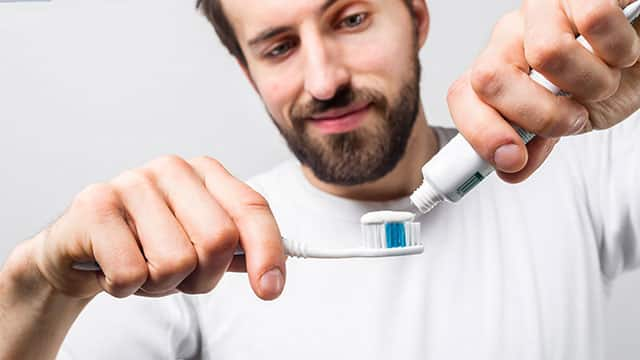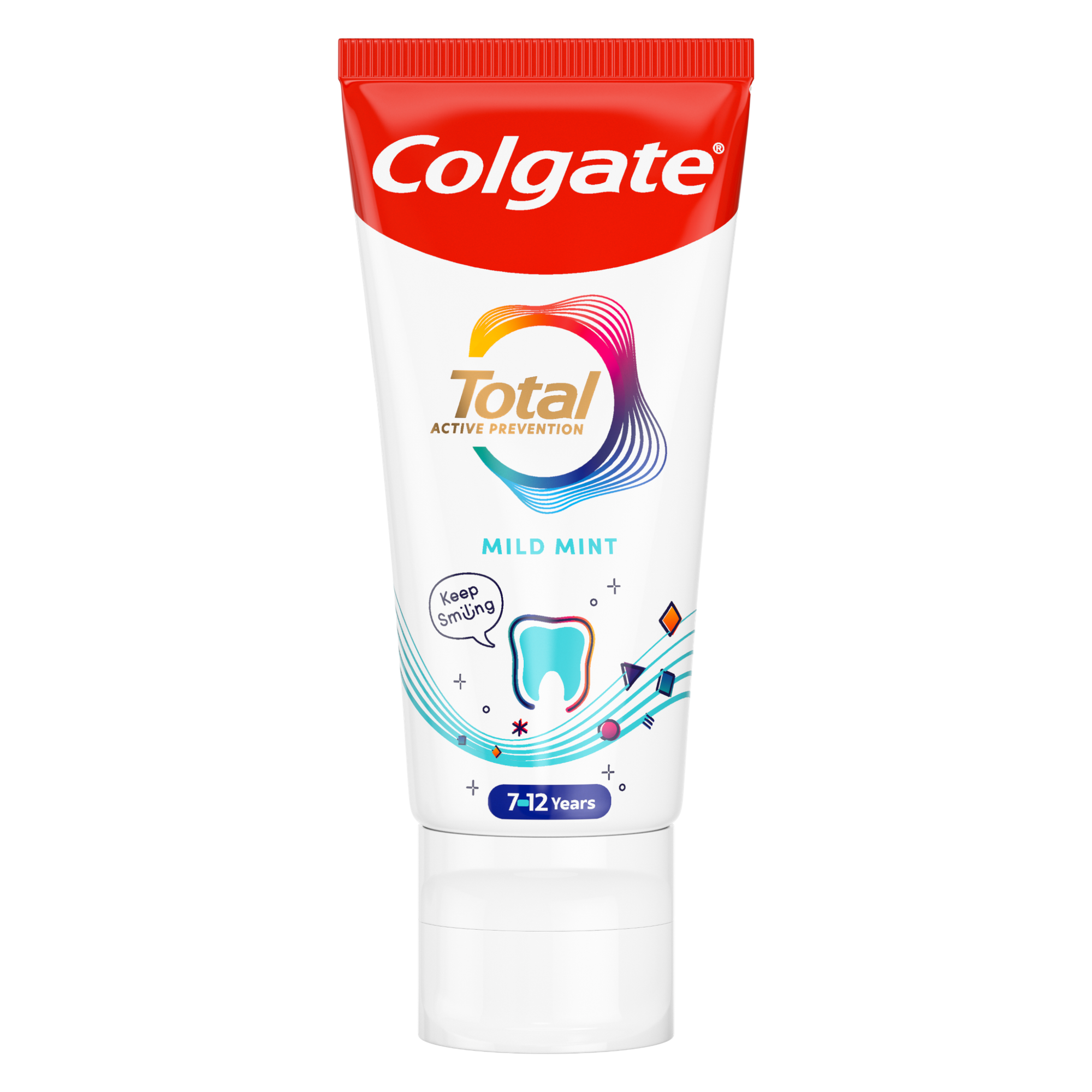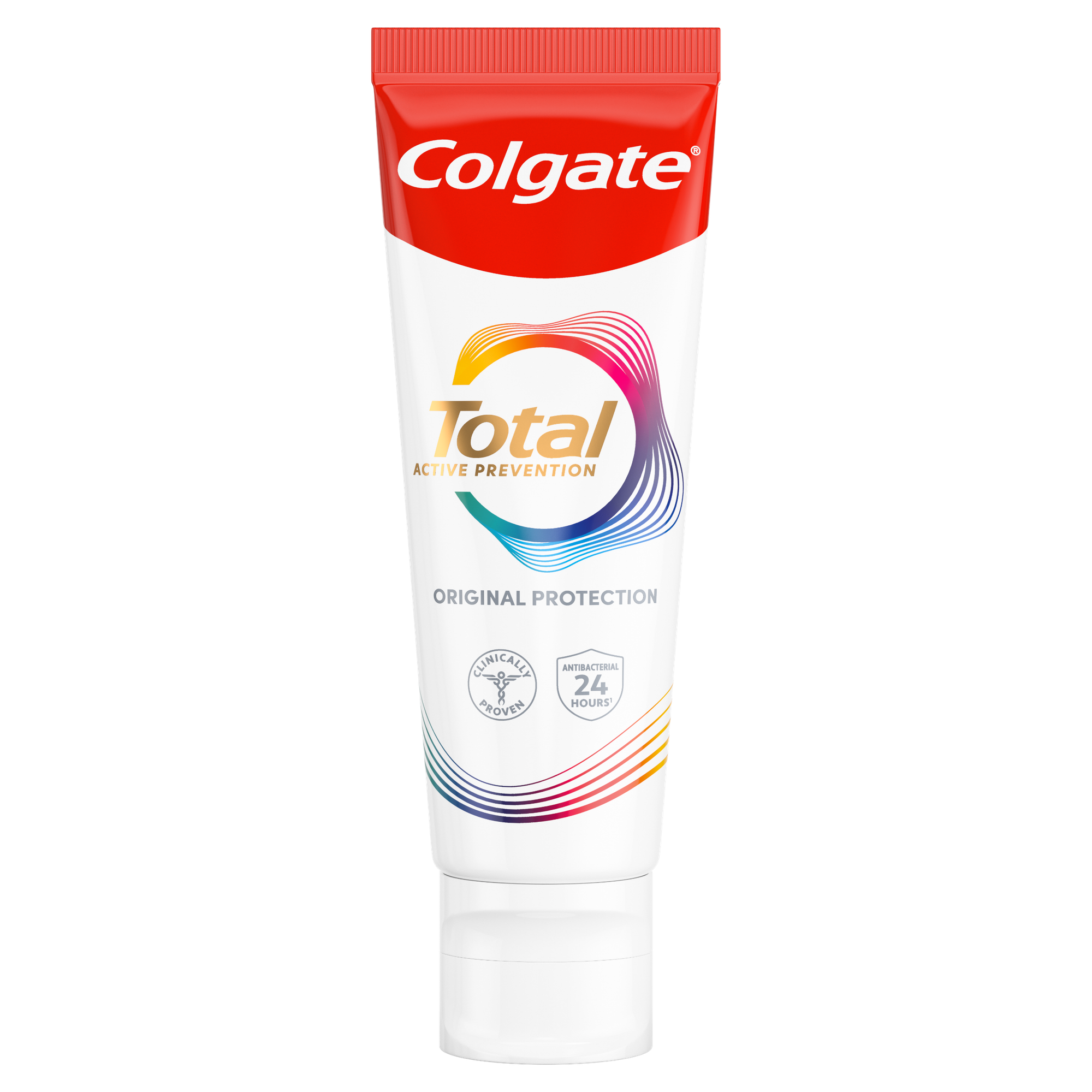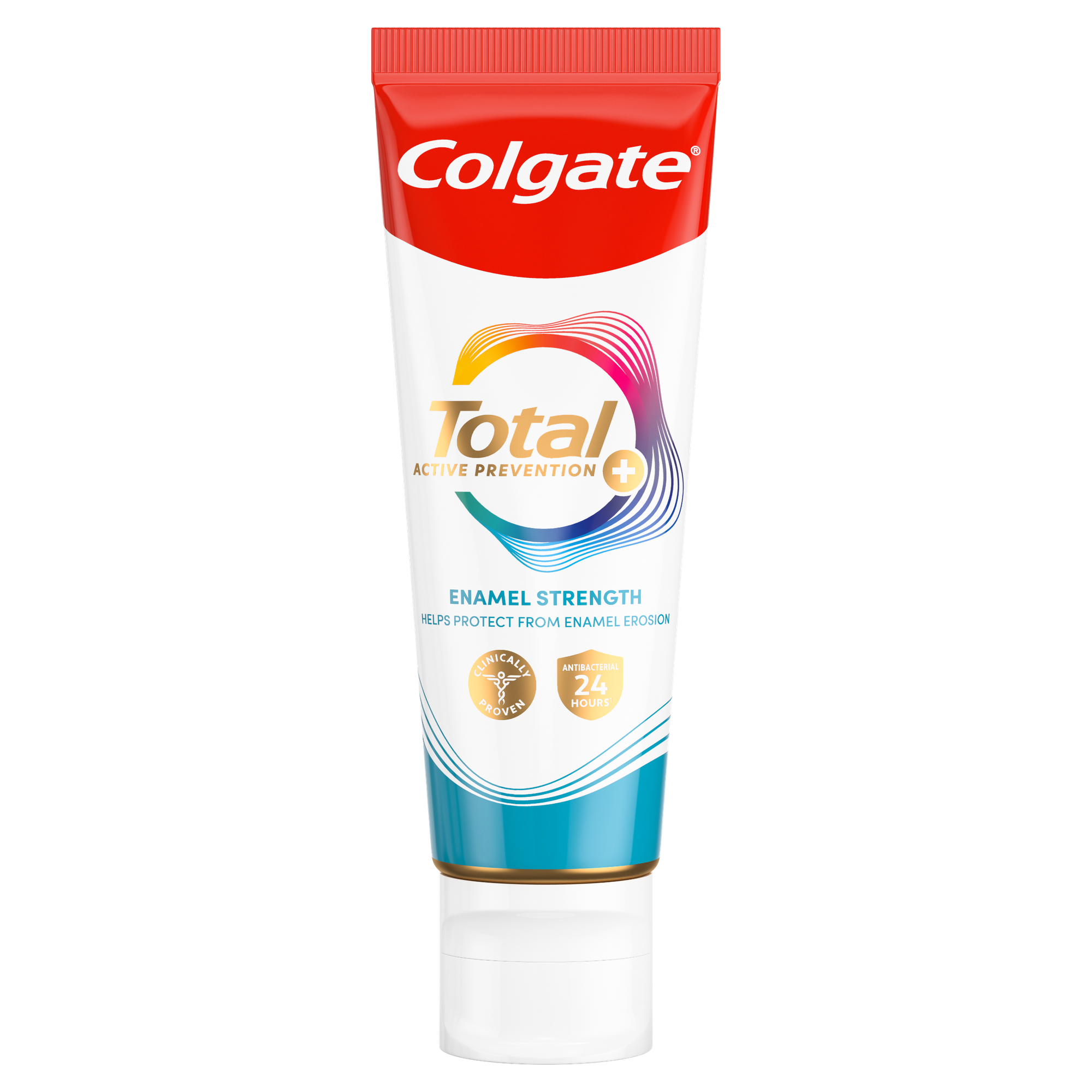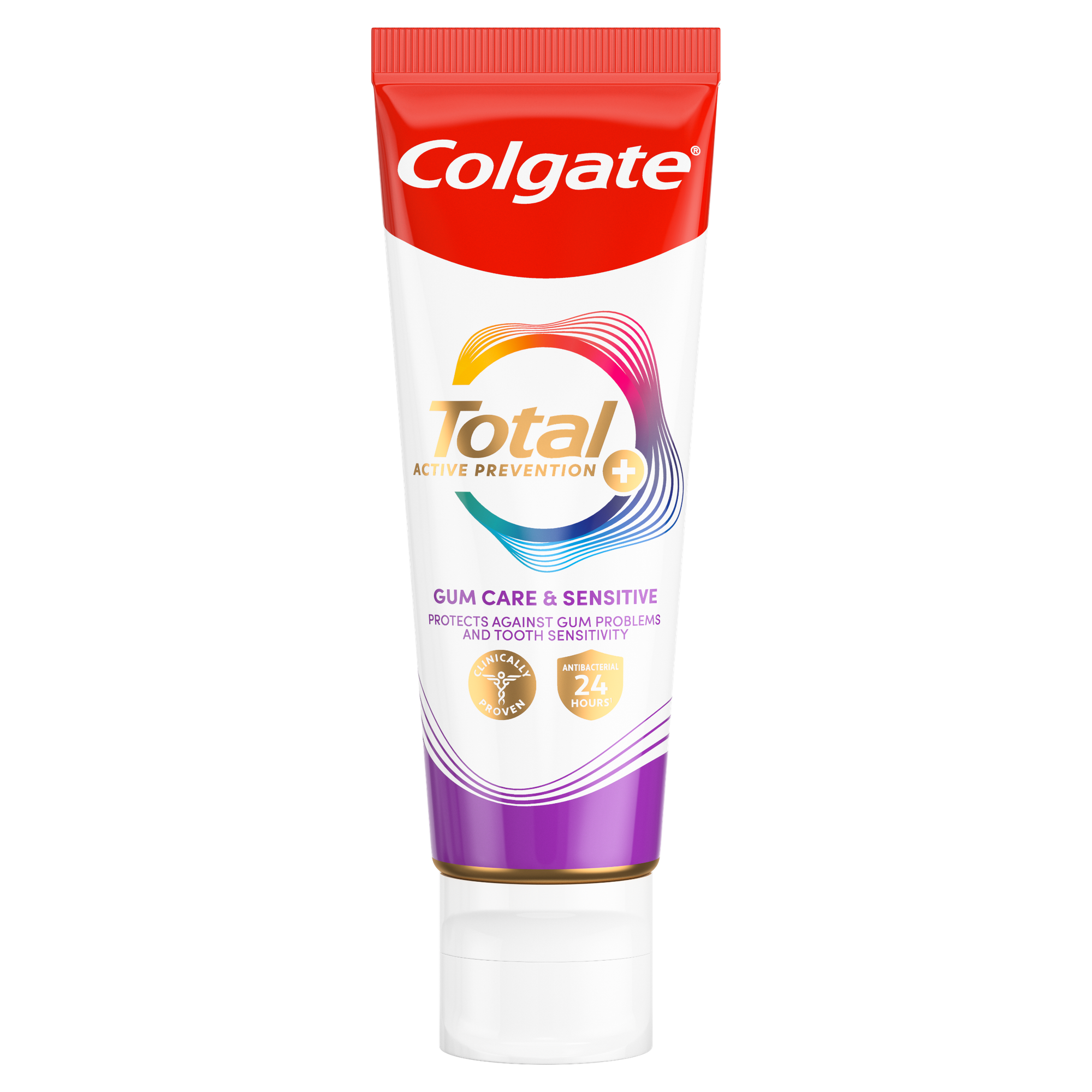When Is Tooth Extraction Necessary?
In many cases, teeth that are broken or damaged by decay can be fixed with a filling, crown, or other dental treatment. Sometimes, though, the damage is too severe to repair, so your dentist will recommend extraction.
Here are some other reasons tooth extraction might be necessary:
- Decay has reached deep into the tooth
- The tooth or the surrounding bone is infected
- There isn't enough room for all the teeth in your mouth
- Extra teeth block other teeth from coming in
- The teeth are crooked and room is needed for the teeth that will grow or that may be moved into place through orthodontic treatment
- There may not be enough space for your wisdom teeth, also known as third molars
Preparation
Before a tooth is removed, your dentist will thoroughly review your medical and dental history and take the appropriate X-rays. X-rays reveal the length, shape and position of the tooth and surrounding bone. From this information, your dentist can estimate the degree of difficulty of the procedure and decide whether to refer you to an oral surgeon.
Before a simple extraction, the area around your tooth will be numbed using local anaesthetic. However during a more complicated removal, called a surgical extraction, your dentist or oral surgeon may administer intravenous (IV) anaesthesia, which can range from conscious sedation to general anaesthesia, which will put you to sleep. If this is the case, arrange for someone to drive you home after the procedure and stay with you until your sedation wears off.
Tooth Extraction Process
There are two types of extractions you might have:
- A simple extraction is performed on a tooth that can be seen in the mouth. It’s common for a general dentist to perform simple extractions. During a simple extraction, your dentist will numb the tooth and gum tissue and loosen the tooth with an instrument called an elevator before removing it with dental forceps.
- A surgical extraction is a more complex procedure that is used for a tooth that may have broken off at the gumline or has not come into the mouth yet. Oral surgeons usually perform surgical extractions. However, they can also be done by general dentists. During a surgical extraction, the doctor will make a small incision (cut) into your gum and remove the underlying tooth. Sometimes they will need to remove some of the bone around the tooth or cut the tooth in half to extract it.
After the Extraction
The most important thing to make sure you do after a tooth extraction is keep the area clean and prevent infection. Immediately after the procedure, your dentist will ask you to bite down gently on a piece of dry, sterile gauze, which you should keep in place for up to 30 to 45 minutes to limit bleeding, while clotting takes place. For the next 24 hours, you shouldn't smoke, rinse your mouth vigorously, or clean the teeth next to the extraction site.
You can expect a certain amount of pain and discomfort following an extraction. In some cases, your dentist will recommend a painkiller or prescribe one for you. It might help to apply an ice pack to your cheek for 15 minutes at a time. You should also limit strenuous activity, as well as avoid hot liquids and not drink through a straw. Under normal circumstances, discomfort should lessen within three days to two weeks. However, if you experience prolonged or severe pain, swelling, bleeding or fever, call your dentist or oral surgeon immediately.
Whether you’re a seasoned pro or a tooth extraction newbie, your best bet for a successful and uncomplicated procedure is to follow your dentist’s recommendations carefully before and after the procedure. Tooth extraction makes room for something better and can help keep your smile healthy and confident.
This article is intended to promote understanding of and knowledge about general oral health topics. It is not intended to be a substitute for professional advice, diagnosis or treatment. Always seek the advice of your dentist or other qualified healthcare provider with any questions you may have regarding a medical condition or treatment.
ORAL HEALTH QUIZ
What's behind your smile?
Take our Oral Health assessment to get the most from your oral care routine.
ORAL HEALTH QUIZ
What's behind your smile?
Take our Oral Health assessment to get the most from your oral care routine.








